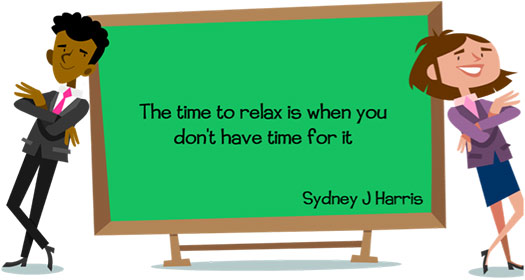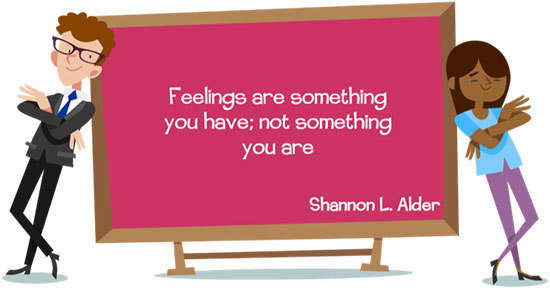How to deal with anxiety during stressful times
Ideas from best-selling author Liggy Webb
Healthy Living > Mental health > How we can deal with anxiety during stressful times


'Become a possibiltarian. No matter how dark things seem to be or actually are, raise your sights and see possibilities.
Always see them, for they are always there.' - Norman Vincent Peale

'The time to relax is when you don't have time for it.' - Sydney J Harris

'Feelings are something you have; not something you are.' - Shannon L. Alder
This material may contain links to other websites operated by third parties. It is the responsibility of third parties to ensure such material and websites comply with all relevant laws and regulations. To the maximum extent permissible by law Simplyhealth disclaims all responsibility for such websites.